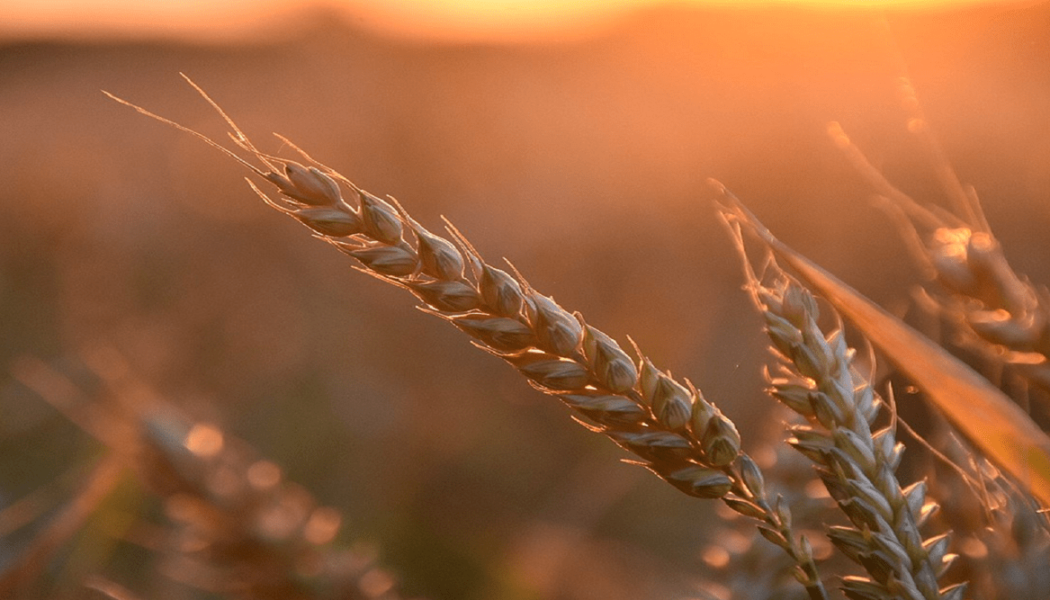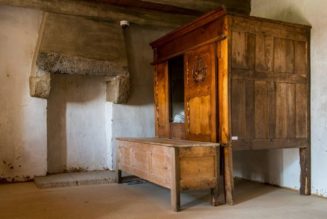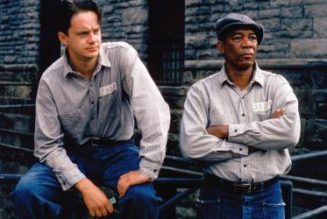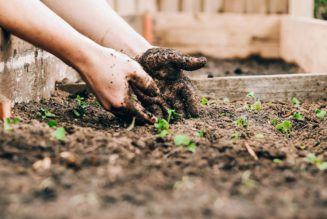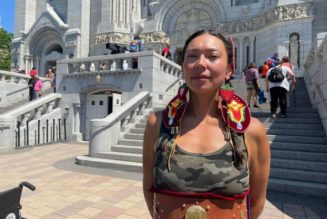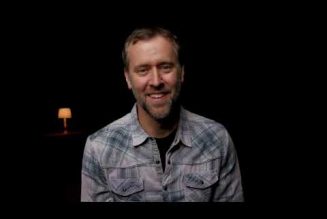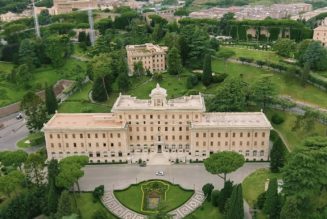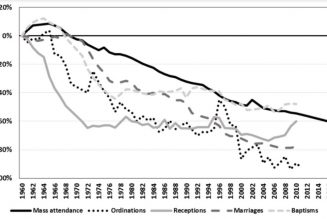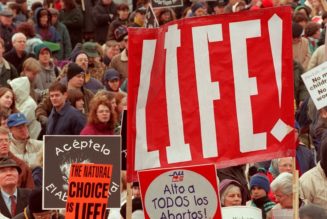
I never really liked the parable Jesus tells in the Gospel for the Fifteenth Sunday in Ordinary Time Year A. But one benefit of preparing my Extraordinary Story podcast on the Life of Christ is that it forces me to spend time with parts of the Gospel I have tended to skim through.
My appreciation for this Sunday’s Gospel grew by leaps and bounds after the Parable of the Sower episode, and looking back I see how the parable is a linchpin in Jesus’s life, teaching and saving action.
Jesus tells the parable at a pivotal time, when his ministry is about to hit some significant milestones.
The place he is assumed to have told this story, Sower’s Cove on the shore of the Sea of Galilee, is like a natural amphitheater, a hillside by the sea. I’ve never been there, but I can imagine how “such large crowds gathered around him that he got into a boat and sat down, and the whole crowd stood along the shore.”
The Parable of the Sower episode was the season finale for the first part of my retelling the life of Christ. It closes the part of Jesus’s ministry where he is gradually revealing himself as someone very unusual. After this, John the Baptist will die and Jesus will reach the climactic moment where he reveals plainly to his Apostles who he is and what his true mission is.
The parable gathers together a number of strands in Jesus’s extraordinary story:
- The place he deserves in our hearts.
- His presence at the heart of creation.
- The new person we each become in him.
That is why the Parable of the Sower is his master parable.
It’s so important, the long form of Sunday’s Gospel tells the parable twice.
First, we hear the mysterious language Jesus speaks to the people, then we hear the explanation to the apostles.
“And as he sowed, some seed fell on the path, and birds came and ate it up,” he tells the crowds.
Later, he tells the Apostles that when we hear him without bothering to ponder and grasp what he is saying, “the evil one” snatches his words away, like a hungry bird. When our hearts are closed to God, they are open season for the devil.
“Some fell on rocky ground, where it had little soil. It sprang up at once because the soil was not deep, and when the sun rose it was scorched, and it withered for lack of roots,” he tells the crowds.
When our hearts are more open to the world than to God, we may receive his words “at once with joy,” he tells the Apostles, but when “some tribulation or persecution comes” — for us, as little as a real or imagined disapproving look — we “immediately fall away.”
Next, “Some seed fell among thorns, and the thorns grew up and choked it,” Jesus tells the crowd.
When our hearts are cluttered with “worldy anxiety and the lure of riches,” he explains later, our time and energy spent pursuing and worrying about ourselves leaves us no bandwidth for God.
Last, “some seed fell on rich soil, and produced fruit, a hundred or sixty or thirtyfold,” Jesus says.
An actual sower of typical crop seeds sees a fraction of that return. So Jesus tells the Apostles that those who “hear the word and understand it,” will have miraculous success.
Our success comes not from us but from our connection to the One who is at the center of all things.
The Parable of the Sower prepares for much of what follows: It sets the stage for the Lilies of the Field and the Grain of Wheat and the discourses on the Bread of Life, the Sign of Jonah, and his First Prediction of the Passion.
Isaiah makes all of those connections in the First Reading. He knows God is love, and God exists outside of time and space, creating everything we see, have seen, or will see in nature. He is right now creating each field, flower, dewdrop, and seed. When we rejected God he was already acting to win us back, already going further than we can imagine. He is coming right now to live with us, to become our food, and to change all nature for us.
Isaiah says it this way: “Just as from the heavens rain and snow come down … so shall my word be.” The Word of God is the Logos, the order of the cosmos. He comes to dwell on earth, and what does he do? He gives “seed to the one who sows and bread to the one who eats.” He makes us partners in his work and gives us himself as the Bread of Heaven. And what will happen?
“My word shall not return to me void, but shall do my will, achieving the end for which I sent it,” he says.
Jesus himself calls these truths “the mysteries of the kingdom of heaven” and on Sunday, Psalm 65 spells them out. God “visited the land and watered it,” and “prepared the grain” and “blesses its yield.”
So those are the first two bullet points I proposed: This parable tells us about both his place in our hearts and his place in the cosmos.
What about my third bullet point, the new creature the Divine Sower makes of each of us?
In our Christian life we get a grace that goes far beyond the beauty of flowers and fruit, says St. Paul.
As beautiful as it is, all of nature will die, resolve itself into its elements, and fade away, “for creation was made subject to futility,” he says. But not us. We are not subject to futility. Those baptized into Christ have been “set free from slavery to corruption and share in the glorious freedom of the children of God.”
We, the baptized, reap “the firstfruits of the Spirit.” It’s all over but the waiting — and the groaning. We “groan within ourselves as we wait for adoption, the redemption of our bodies,” says St. Paul.
Jesus will renew all of creation into a New Heavens and New Earth, but us first. We are the New Women, New Men, new creatures of his kingdom even now. We were made in the image of the God who stands at the center of all things, and his baptism washes away the old us so that we are “set free from slavery to corruption and share in the glorious freedom of the children of God.”
If life is hard right now — and, as you no doubt have noticed, it is — “the sufferings of this present time are as nothing compared with the glory to be revealed for us.”
That’s the ultimate lesson of the Parable of the Sower: He sows abundant life, eternal life.
Jesus says, “blessed are your eyes, because they see, and your ears, because they hear. Amen, I say to you, many prophets and righteous people longed to see what you see but did not see it, and to hear what you hear but did not hear it.” And he is not talking about how great the Sower story is.
What do we see that they longed to see? Jesus Christ, the true Messiah. And what does he look like? A round host, the fruit of a bunch of wheat plants, sown and grown and milled and baked. He is the Divine Sower that became a seed who died and rose to become a bountiful harvest that is gathered into all the tabernacles of the world.
And what are we so blessed to hear that they never heard? “Behold the Lamb of God, behold him who takes away the sins of the world. Blessed are those called to the supper of the Lamb.”
That is what we see and hear. A sower went out to sow, and nothing will ever be the same.
